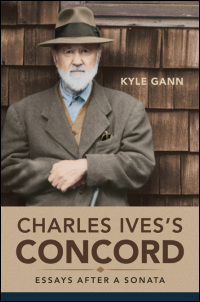New on the experimusic YouTube channel! John White’s performance of five of his sonatas at the Keyboard Experiments concert at De Montfort University, Leicester, 25 March 2017. This was the Saturday afternoon recital of the CoMA East Midlands EMC² Festival, celebrating nearly 50 years of the Experimental Music Catalogue.
On this set, John White plays the following sonatas:
Sonata 159 (2007) “Waiting for Batman”
Sonata 116 (1987) “Underwater Rhumba”
Sonata 140 (2003) “The Well-Tempered Cyclist”
Sonata 165 (2008) “Pensive Noctambulism”
Sonata 156 “A Boogie for Jonathan Powell”
There is a slight cut-out during Sonata 140 due to a cut in video files, but this should only slightly inconvenience what is a rare video performance by John White, as brilliant a pianist as he is a composer. Filmed by Connor McCormack.
Programme note: “John White has been writing piano sonatas since 1956 as a form of diary documenting his musical thinking at the time. Most of these sonatas reflect the short-form sonata from Scarlatti, and the musical thinking of Satie, with a dizzying range of individual concerns including experimental, systems and minimal, and popular musical language, and a consistent fascination for the musical thinking of piano composers from the late nineteenth to early twentieth century, from Alkan to Medtner. This set of sonatas provides a taste of his post-millennial style, with one classic from the 1980s” [Virginia Anderson].

